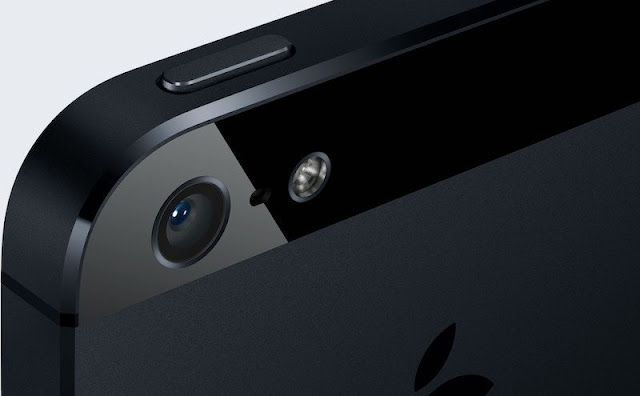Apple in 2013 over broken iPhone 4, iPhone 4s, and later iPhone 5 power buttons
is finally set toproceed to jury trial in San Diego
state court beginning October 25, 2019.
“deceptive” or “fraudulent” business practices, breach of
warranty, and violating multiple California consumer laws.
The proposed class includes California residents
who purchased an iPhone 4, iPhone 4s, or iPhone 5 from Apple or a third-party
retailer:
All California citizens who purchased one or more iPhone 4 or 4S smartphones
from Apple or a third-party retailer, from June 24, 2010 through October 10,
2011 for the iPhone 4, and from October 11, 2011 through September 20, 2012 for
the iPhone 4S, and whose sleep/wake (power) button stopped working or worked
intermittently during a one year period from date of purchase.
All California citizens who purchased one or more iPhone 5 smartphones from
Apple or a third-party retailer prior to April 1, 2013, and whose sleep/wake
(power) button stopped working or worked intermittently during a three year
period from date of purchase.
percentage” of iPhone 5 models with power buttons that may “stop
working or work intermittently,” but the lawsuit alleges that the program
went “unnoticed” and began “ten months after the initial complaint
in this matter.”
The class action lawsuit seeks damages in anamount to be proven at trial, plus restitution, injunctive, and declaratory
relief. Apple denies all of the allegations in the complaint, and denies that
it did anything improper or unlawful.
As with any class action lawsuit, proposed
members can do nothing to remain part of the class, or
individually.

